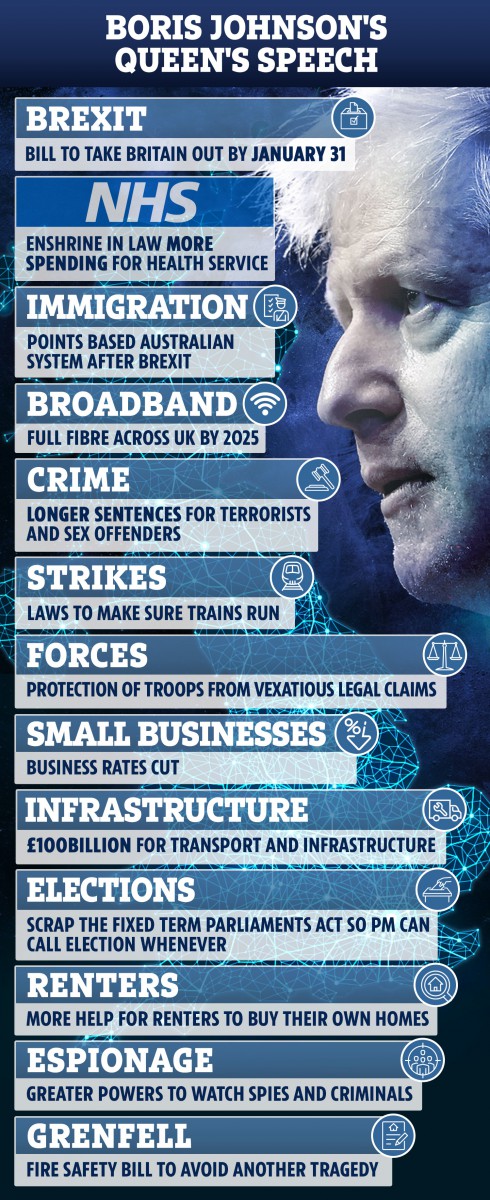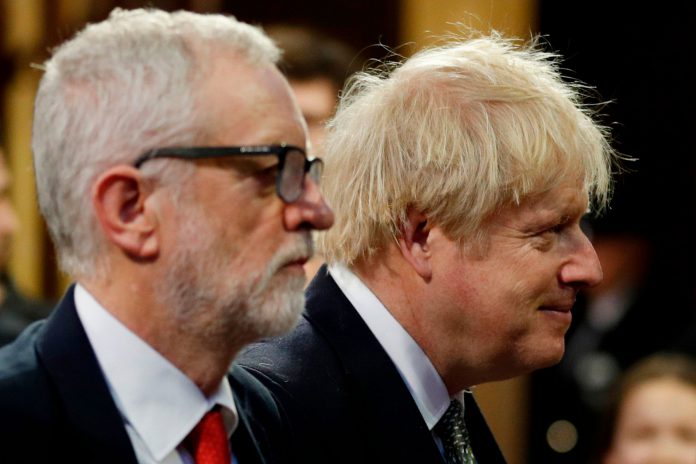BORIS Johnson has revealed tough new powers to boost Britain’s spies and help them catch “hostile foreign agents”.
The work is a direct response to the sickening Salisbury attack, which prompted the former Prime Minister to promise new and modernised powers.
The attack took place on March 4 2018, and saw former Russian military officer Sergei Skripal and his daughter Yulia poisoned with a Novichok nerve agent.
In today’s Queen’s speech the government has vowed to strengthen our response to hostile states, make it harder for spies to come here, and give security services more powers to catch them.
The legislation vows to “provide the security services and law enforcement agencies with the tools they need to disrupt Hostile State Activity”.
This would include modernising existing offences to “deal more effectively” with the threat posed by spies from other countries.
The government also plans to create new offences aimed at criminalising other “harmful activity” conducted by foreign states.

Applying to the whole of the UK, the Tories are also hoping to create offences that can help them root out spies across the globe.
They say this will help protest British assets, and help in holding the line against “actors operating overseas”.
Inspired by America, they are also considering whether to follow suit in adopting a form of foreign agent registration.
This sees people working in certain roles such as lobbyists for other countries forced to tell the government what they do and where their money comes from.

It means the government can have an idea of what someone is up to, and who they are working for.
The move would mean beefing up the Official Secrets Act, which is currently the only piece of legislation specifically set up to root out spies and stamp out sabotage.
They will also consider working with other countries such as the US and Australia to develop legislation alongside them.








